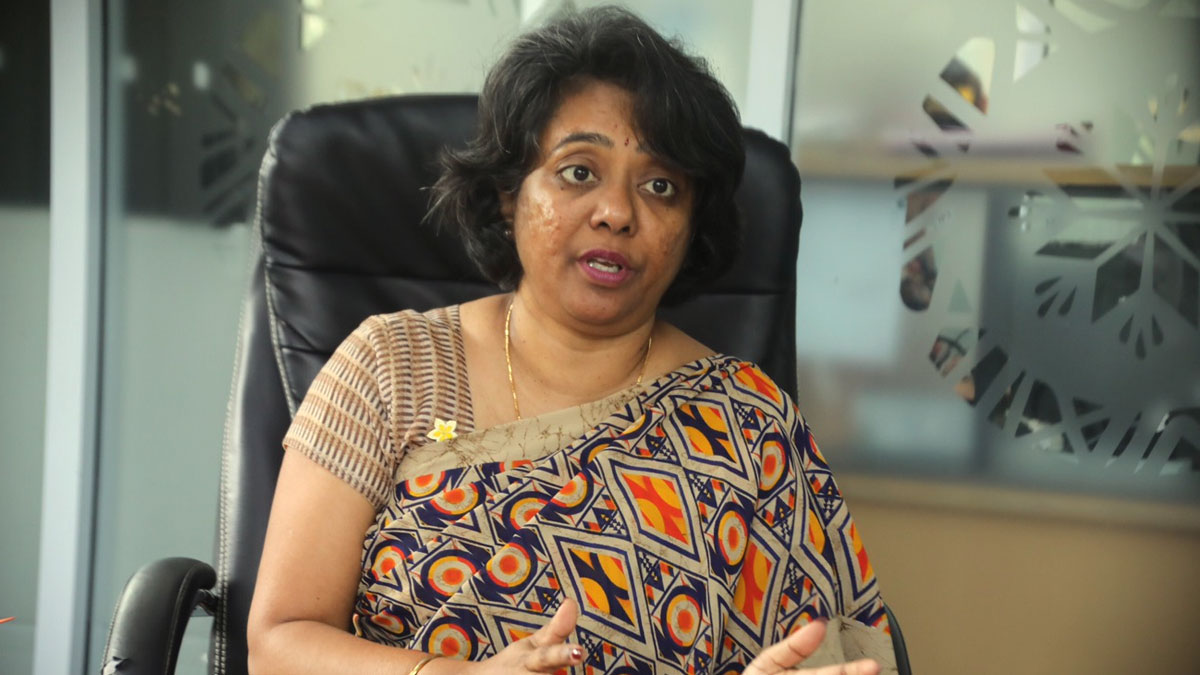
Unfortunately local data on Postpartum Depression is limited, globally, the prevalence is estimated to be about 14 percent, however the country’s economic status is a factor in its prevalence, where rates are higher in developing countries compared to developed countries.
This has been revealed by Assistant Minister for Women and Children, Sashi Kiran when asked on the data available on the number of women who experience Postpartum Depression.
Kiran says Postpartum Depression is a significant mood disorder affecting 1 in 7 women following childbirth.
The postpartum phase has been defined broadly as within 12 months after childbirth, but the World Health Organisation specifies the postpartum period to be within 6 weeks after childbirth.
She says according to the American Psychiatric Association's Diagnostic and Statistical Manual, Fifth Edition (DSM-5), onset of рοѕtраrtսm major ԁерrеsѕiоn can occur prior to or after childbirth.
The DSM-5 specifier “with peripartum onset” is used when onset of major Deрrеѕѕiοn occurs either during рrеgոаոϲу or in the four weeks following delivery.
Kiran says Postpartum Depression can range from a mild depression which is usually self-limiting, to a severe syndrome which when untreated can lead to serious consequences to the mother and her baby.
The primary risk factors show previous depression prior to or during pregnancy to be the largest effect and mainly associated with Postpartum Depression while the secondary risk factors such as stressful life events (intimate partner violence is one of them) and poor financial and social support during the post pregnancy period are contributors to Postpartum Depression.
She says women who are most likely to develop Postpartum Depression are those in lower economic status, minimum education, unmarried and in the young and older spectrum of age.
Kiran says given the limited data in Fiji, the statistics from other country and clinical settings reveal the socio-economic issues as main contributors to Postpartum Depression in most country settings.
Data from Saint Giles Hospital show that a total of 17 women were diagnosed to have Postpartum Depression from 2019 to 2024.
Women after childbirth exhibiting symptoms whilst admitted in the post natal wards are referred to mental health specialists for further assessment and care together with counselling support and services within the respective medical divisions.
Kiran says counselling services provided by the NGO Empower Pacific assist those who are referred through the current referral processes for women dealing with Postpartum Depression.
She says given that Postpartum Depression can develop at anytime within the twelve months after childbirth, Maternal Child Health services for mothers and babies at the Primary Care level provide the access to mothers for further health assessment.
The Ministry is also reviewing its Maternal Child Health Policy and Standard Operating Procedures where the mental health screening component by trained health practitioners will be included for Postpartum women with an appropriate referral and care pathway established for those requiring further care.
Stay tuned for the latest news on our radio stations

